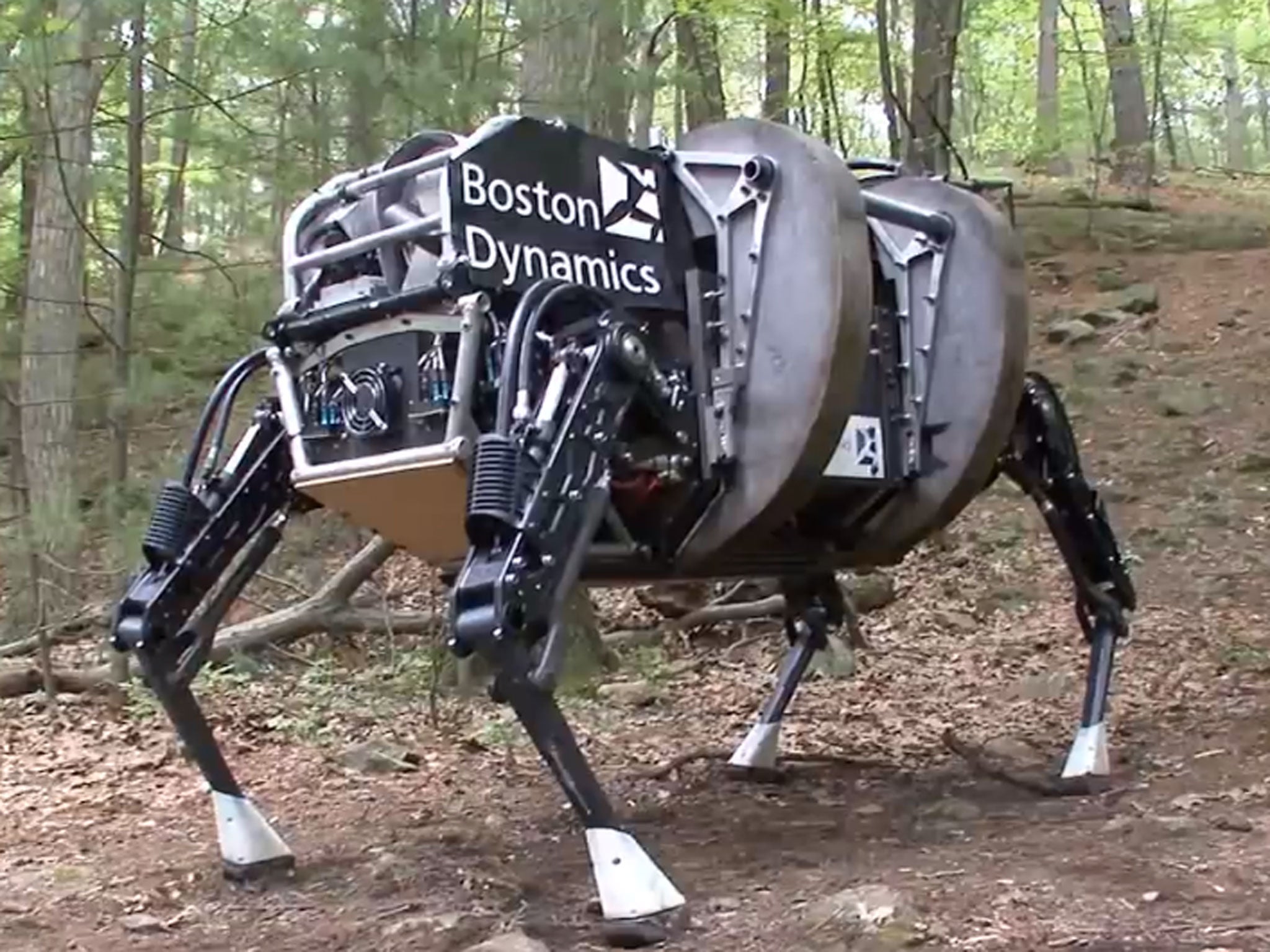Robots will be smarter than us all by 2029, warns AI expert Ray Kurzweil
World’s leading futurologist predicts computers will soon be able to flirt, learn from experience and even make jokes

By 2029, computers will be able to understand our language, learn from experience and outsmart even the most intelligent humans, according to Google’s director of engineering Ray Kurzweil.
One of the world’s leading futurologists and artificial intelligence (AI) developers, 66-year-old Kurzweil has previous form in making accurate predictions about the way technology is heading.
In 1990 he said a computer would be capable of beating a chess champion by 1998 – a feat managed by IBM’s Deep Blue, against Garry Kasparov, in 1997.
When the internet was still a tiny network used by a small collection of academics, Kurzweil anticipated it would soon make it possible to link up the whole world.
Now, Kurzweil says than within 15 years robots will have overtaken us, having fulfilled the so-called Turing test where computers can exhibit intelligent behaviour equal to that of a human.
Speaking in an interview with the Observer, he said that his prediction was foreshadowed by recent high-profile AI developments, and Hollywood films like Her, starring Joaquin Phoenix.
“Today, I’m pretty much at the median of what AI experts think and the public is kind of with them,” he said.
“The public has seen things like Siri (Apple’s voice recognition software), where you talk to a computer. They’ve seen the Google self-driving cars. My views are not radical any more.”
Though credited with inventing the world’s first flat-bed scanners and text-to-speech synthesisers, Kurzweil is perhaps most famous for his theory of “the singularity” – a point in the future where humans and machines will apparently “converge”.
His decision to work for Google came after the company acquired a host of other AI developers, from the BigDog creators Boston Dynamics to the British startup DeepMind.
And the search engine giant’s co-founder Larry Page was able to convince Kurzweil to take on “his first actual job” by promising him “Google-scale resources”.
With the company’s unprecedented billions to spend, and some of humanity’s greatest minds already on board, it is clearly only a matter of time before we reach that point when robots can joke, learn and yes, even flirt.
Join our commenting forum
Join thought-provoking conversations, follow other Independent readers and see their replies
123Comments